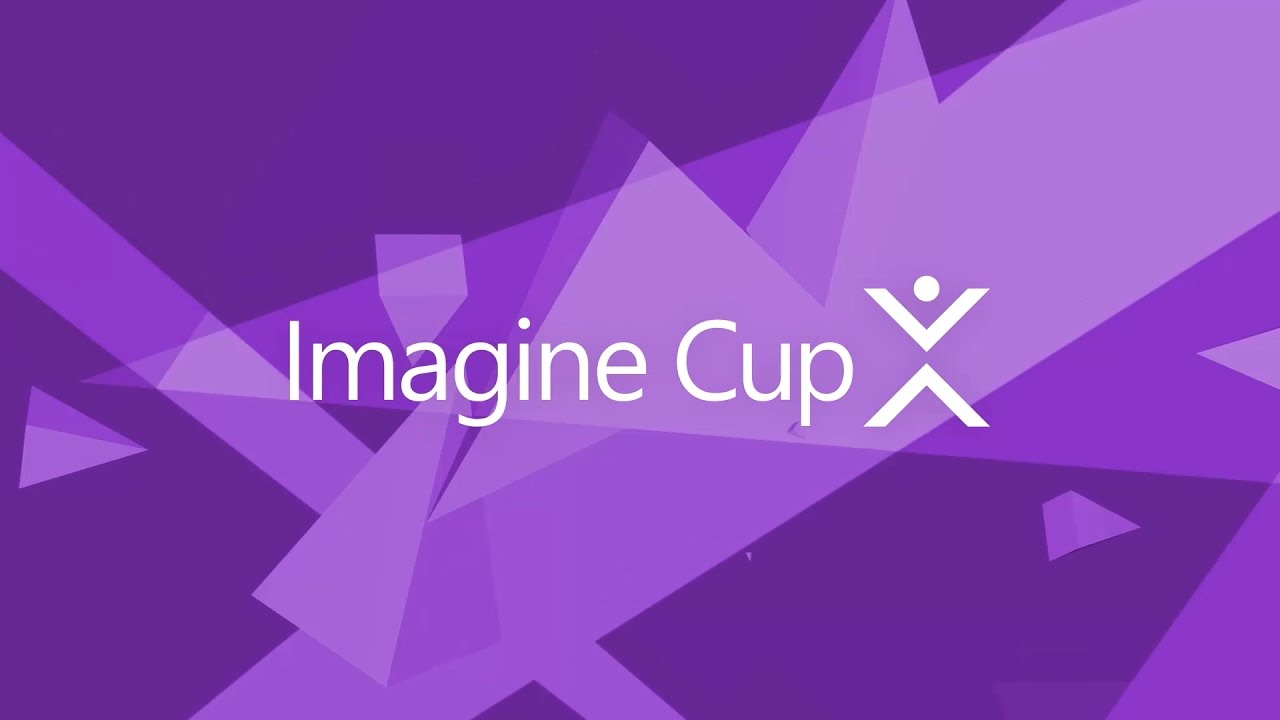
Microsoft’s annual global student technology competition, Imagine Cup has revealed the entries selected to be a part of the World semi-finals round taking place on 24 and 25 March 2021. The competition, which encourages students to build something that matters to them, make a difference in their communities and innovate for impact, has selected three teams from Kenya to represent the country and advance in the competition.
The teams, who impressed with their solutions which tackle health, lifestyle, and educational issues all demonstrated great understanding by creating solutions that directly spoke to socio-economic issues within their own surroundings and globally.
Team Cafrilearn created a project called Makini that consists of a mobile application that supports devices and allows for the facilitation of digital learning at affordable cost to low income families and marginalized communities. Another project created by team INTELLIVOLT monitors over voltage, under voltage and power outages. Alerts from Azure applications in the form of SMS and emails are sent to relevant authorities in real time. Lastly, team REWEBA (Remote Well Baby) created a solution that serves as an early warning system – digitally monitoring growth parameters of babies and sending them to doctors remotely for timely intervention. It combines a variety of technologies to provide innovative functionalities for infant screening.
This year’s competition has seen the brightest young minds from across the world collaborate virtually with the purpose of reimagining solutions to address today’s global challenges in four categories: Lifestyle, Education, Earth, and Health. The winning team will take home the Imagine Cup trophy along with USD 75,000 and a mentoring session with Microsoft CEO, Satya Nadella. This year the competition also includes category prizes totalling USD 60,000, plus Microsoft Learn Challenge monthly giveaways.
“In the current global climate, it’s become crucially importance to, through platforms such as Imagine Cup, create positive change using new tools and resources. This is the main reason why with this year’s competition, we wanted to empower students to reimagine solutions and remove the physical and geographical borders – creating a global stage. The four categories for this year’s competition have been introduced to recognize and highlight more of the issues students are passionate about,” says Kendi Nderitu, Country Manager, Microsoft Kenya.
Further up the continent, team Ubo from Tunisia have come up with an intelligent game console that offers educational activities to children with autism spectrum disorders to help them maintain their treatment from home.
“We are absolutely thrilled that the Kenya teams have created solutions that are competing on a world scale. At Microsoft, providing platforms and creating environments that enable young innovators across that continent with a ‘breeding ground’ and resources from which to manifest and share their ideas has always been at the center of our purpose through digital transformation,” added Kendi. Through Imagine Cup, we’ve been able to empower the next generation of students to explore, experiment, and create by providing no-cost access to industry-leading technologies like Microsoft Azure.”
Last year marked the 18th annual Imagine Cup. Six teams, including a team of bright young minds from Kenya , were selected to move forward to the World Championship and present their projects to compete for the 2020 trophy on the biggest stage yet the Microsoft Build digital event.
The Knights from Jomo Kenyatta University of Agriculture and Technology in Kenya, created an automated robot using artificial intelligence to identify and remove weeds from rows of crops. Their solution uses cameras as sensors to gather input from the environment and eliminate farmers’ need to use environmentally harmful pesticides in their weeding. As part of winning the regional finals, the team won 8000 USD each. Prizes also included Azure credits and a spot in the Imagine Cup World Championship event.
The teams selected to advance to the World Finals, set to take place on 30 March, will be provided a Microsoft mentor – available to help the teams refine their project, finesse their pitch, and provide technology and business plan guidance.
“We are well into what is termed the ‘new normal’ and while the COVID-19 pandemic is still a plight we must fight – creating solutions that feed directly into the ever-changing needs of industries and individuals alike will only create positive impact as we continue to rely on technology as a key enabler to drive this change,” concludes Kendi.

